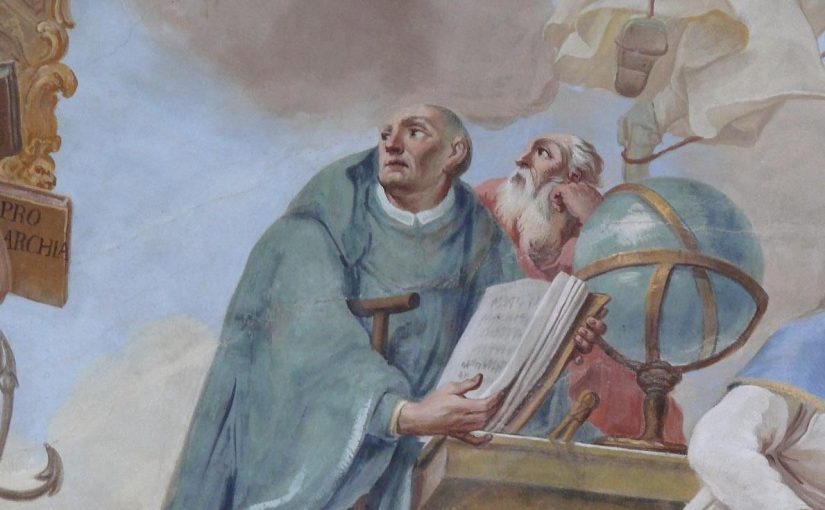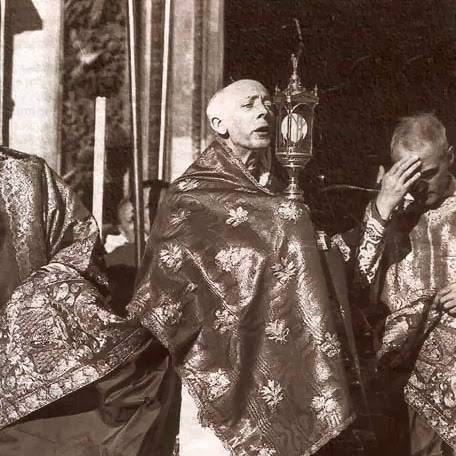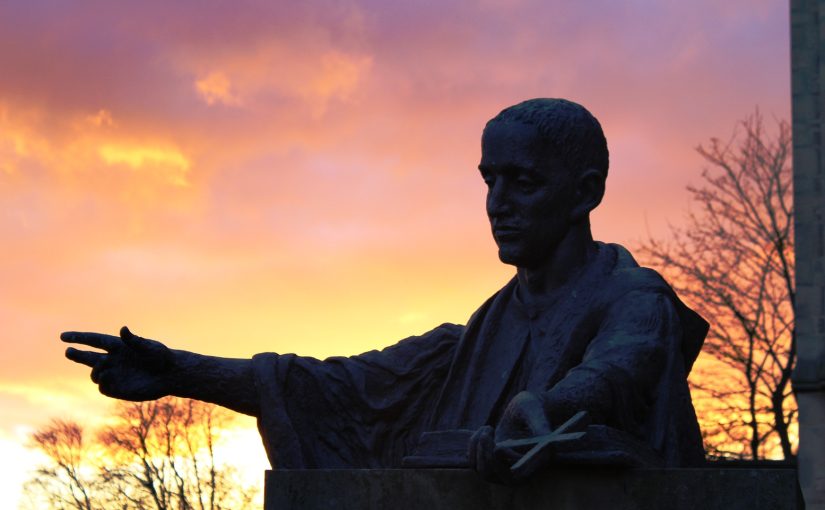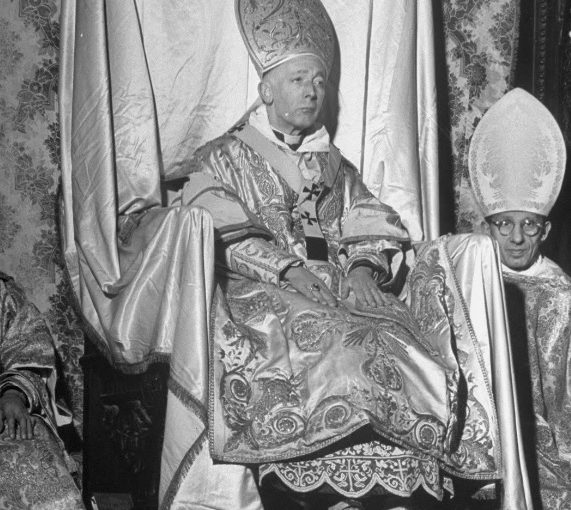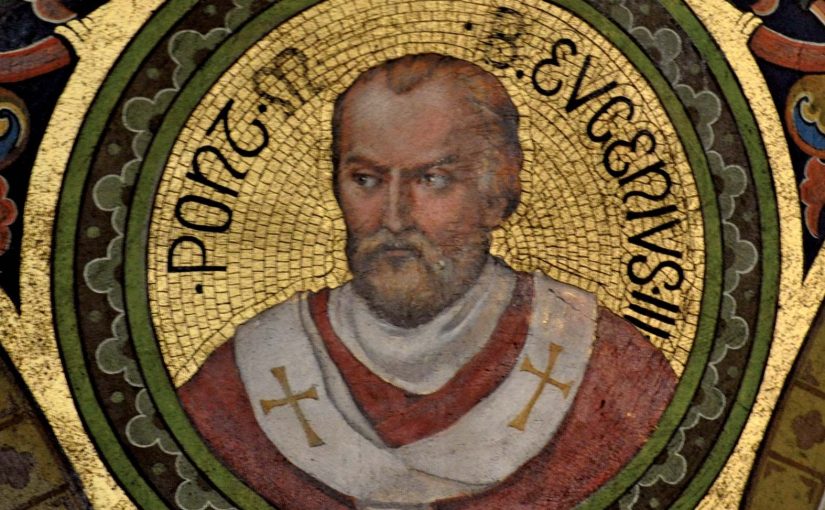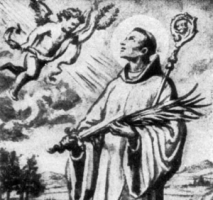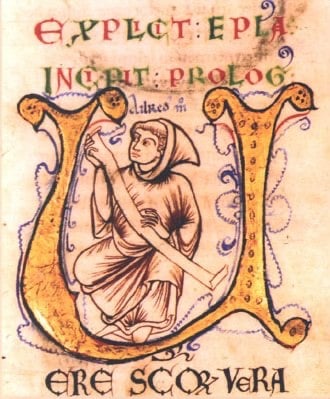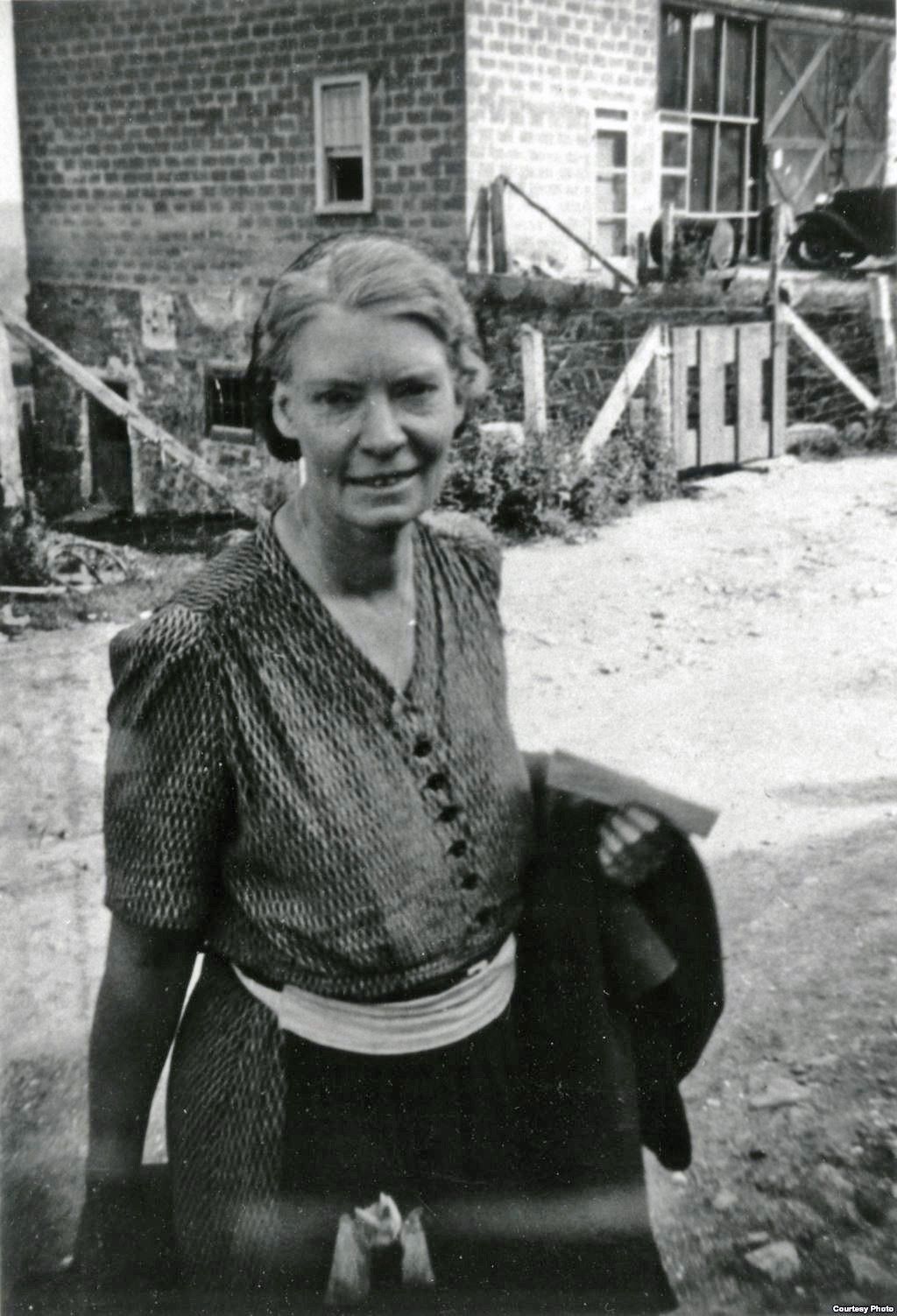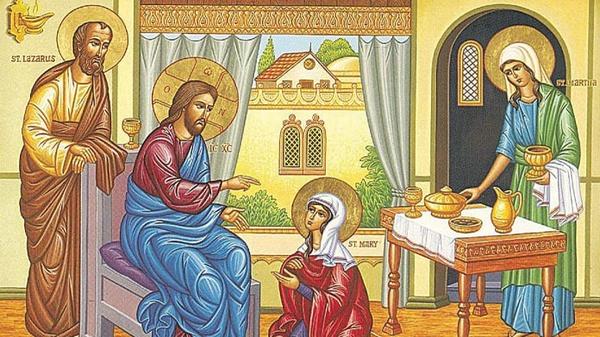Today is the liturgical memorial of Saints Martha, Mary and Lazarus. As Benedictines we have been celebrating all three together for a long time. They are models of the virtue of hospitality. A good application is the guesthouse at the Petersham (Mass.) Benedictines is named in honor of today’s saints.
Chapter 53 of The Rule of St. Benedict has two crucial lines: “All guests who present themselves are to be welcomed as Christ, for he himself will say: I was a stranger and you welcomed me (Matt 25:35). Proper honor must be shown to all, especially to those who share our faith (Gal 6:10) and to pilgrims.” The Father of Western monasticism sets the stage to how we receive the other.
In January 2021, a Decree of the Congregation for Divine Worship on the celebration of Saints Martha, Mary and Lazarus (26 January 2021) was issued.
The Decree
In the household of Bethany the Lord Jesus experienced the family spirit and friendship of Martha, Mary and Lazarus, and for this reason the Gospel of John states that he loved them. Martha generously offered him hospitality, Mary listened attentively to his words and Lazarus promptly emerged from the tomb at the command of the One who humiliated death.
The traditional uncertainty of the Latin Church about the identity of Mary (the Magdalene to whom Christ appeared after his resurrection, the sister of Martha, the sinner whose sins the Lord had forgiven), which resulted in the inclusion of Martha alone on 29 July in the Roman Calendar, has been resolved in recent studies and times, as attested by the current Roman Martyrology, which also commemorates Mary and Lazarus on that day. Moreover, in some particular calendars the three siblings are already celebrated together.
Therefore, the Supreme Pontiff Pope Francis, considering the important evangelical witness they offered in welcoming the Lord Jesus into their home, in listening to him attentively, in believing that he is the resurrection and the life, and accepting the proposal of this Dicastery, has decreed that 29 July be designated in the General Roman Calendar as the Memorial of Saints Martha, Mary and Lazarus.
Mass collect
Grant, we pray, almighty God, that the example of your Saints may spur us on to a better life, so that we, who celebrate the memory of Saints Martha, Mary and Lazarus, may also imitate without ceasing their deeds.Through our Lord Jesus Christ, your Son, who lives and reigns with you in the unity of the Holy Spirit, God, for ever and ever.
